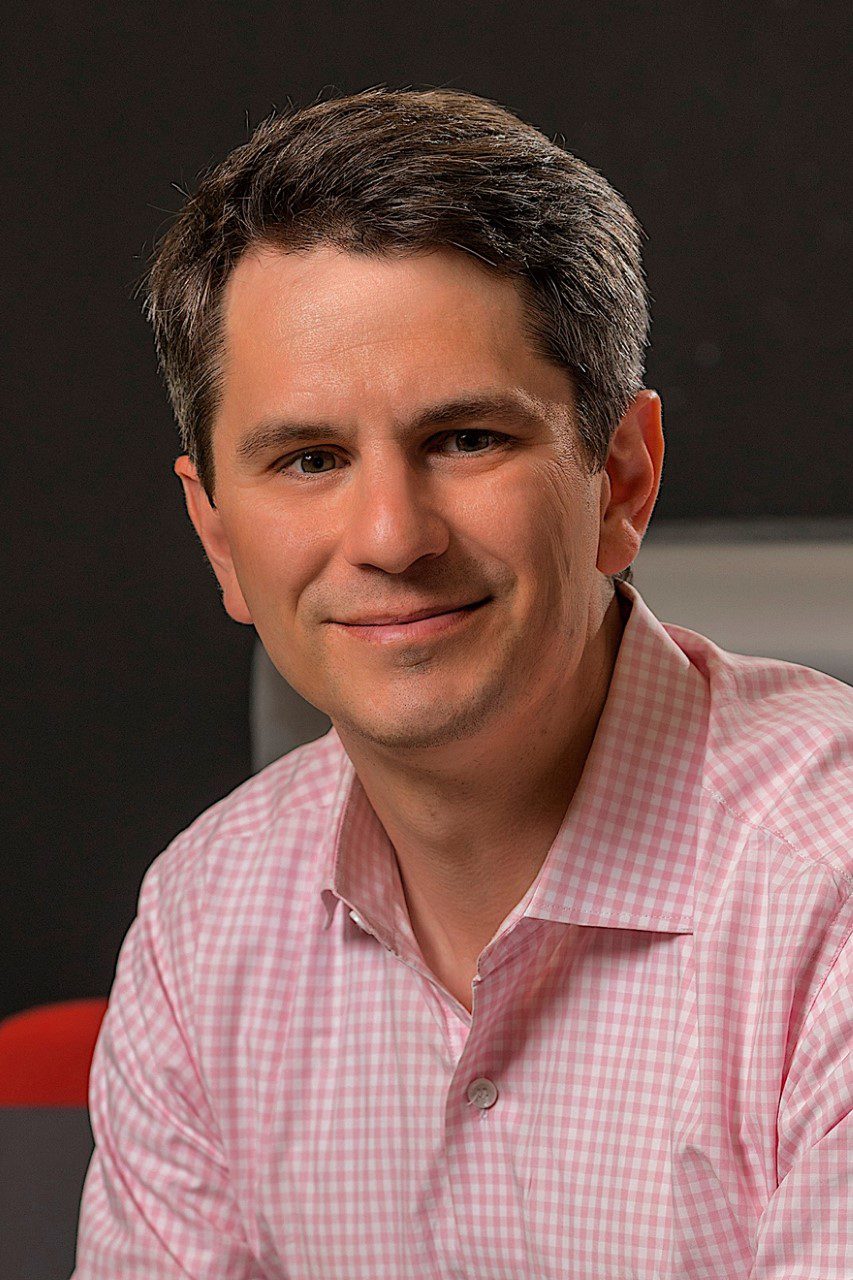Startup Legal Garage Wins Two Prestigious Awards
One benefit of attending UC Law SF—with its proximity to Silicon Valley—is the opportunity to get hands-on experience working with rising entrepreneurs via the school’s Startup Legal Garage (SLG). And one benefit of being an entrepreneur in the Bay Area is the chance to get free legal assistance from law students under the guidance of expert practitioners.
This March, SLG’s decade-plus record of success attracted two prestigious awards.
The awards spotlight the pro bono efforts of SLG’s students and faculty, who provide the legal services that new enterprises need to thrive. In particular, they recognize SLG’s efforts to help women, minority, disadvantaged, and veteran entrepreneurs turn groundbreaking ideas into stable companies with the potential to make lasting impacts in their respective fields.
The American Bar Association’s Business Law Section National Public Service Award recognizes the recipient’s commitment to providing legal services to those that couldn’t otherwise afford them. And the California Lawyers Association’s Wiley W. Manuel Certificate, named for the UC Law SF alumnus and first African American California Supreme Court Justice, recognizes students and professionals who volunteer their time and expertise on behalf of low-income clients.
“We are honored and humbled to receive these awards, which illustrate the Startup Legal Garage’s twin commitments: to legal education and to improving the health, lives, and quality access to the justice system for members of our local community and the world beyond,” said SLG Director Paul Belonick.
In an industry characterized by big money — and big fees — SLG doesn’t charge anything. Its goal is simply to help good ideas get out in the marketplace, with an emphasis on helping founders who might otherwise struggle to get noticed.” And, of course, to give students real-world experience along the way.
Since its founding in 2009 by Professor Robin Feldman, SLG has helped more than 460 companies with innovative and difference-making missions, including:
- Caribou Biosciences, led by Dr. Jennifer A. Doudna, who later won the Nobel Prize in Chemistry for her work developing Crispr-Cas9, a method to edit the DNA of animals, plants, and microorganisms with high precision
- Black Girls Code, which seeks to increase the number of women of color in the digital space by engaging girls ages 7 to 17 with computer science and technology
- Righton Education, an app that helps teachers better understand students’ errors and misunderstandings
“Just this semester,” Belonick said, “our cohort companies are curing cancer and other diseases; working to track fashion components to help end sweatshops; creating tech that assists attorneys in defending their clients and ensuring clear evidence chains; generating energy from algae; breaking down plastics with microorganisms; building tech tools to help asylum seekers navigate the legal process; improving credit access, work opportunities, and healthcare for underserved communities; and so much more.”
By working with these budding companies, UC Law SF students gain experience that prepares them for their own careers. Students have helped draft contracts and terms of service, such as non-disclosure agreements, contractor agreements, and privacy policies. They’ve also conducted analyses on patents as part of a patent-focused module of the program, helping new companies find out how their novel ideas fit within existing patents in their field.
That’s exactly what they did for Caribou back in 2012 — scour the patent landscape to determine whether Doudna’s startup could become commercially competitive as it made the then-nascent CRISPR technology more widely available.
“Hastings and the Startup Legal Garage have become an essential element of the Bay Area life science entrepreneurial ecosystem,” said Wilson Sonsini lawyer Vern Norviel, who helped lead the SLG work with Caribou. “Their essential role in the ecosystem is dramatically illustrated by the fact that the science behind one of the first Startup Legal Garage projects is now the subject of the Nobel Prize.”
